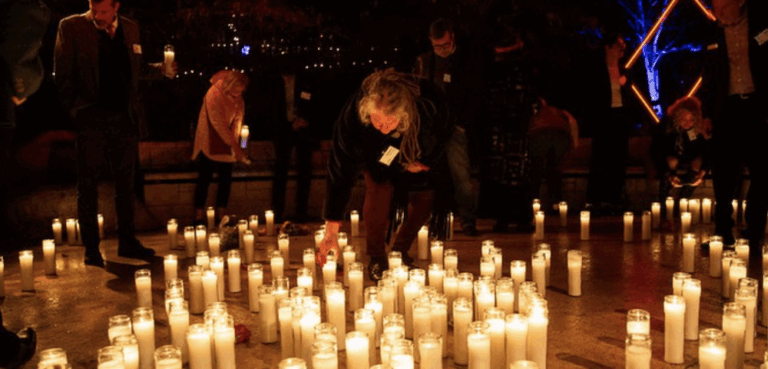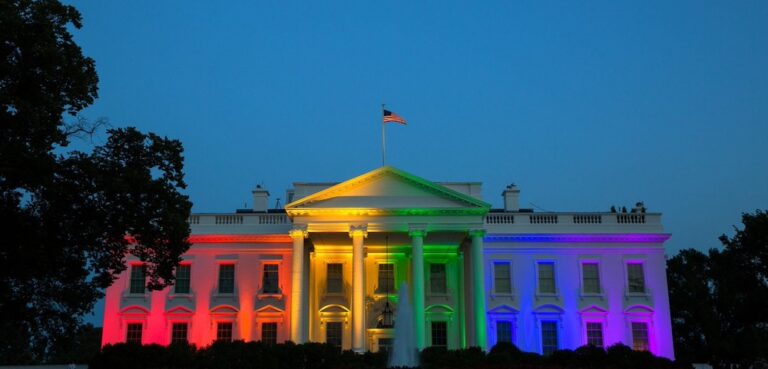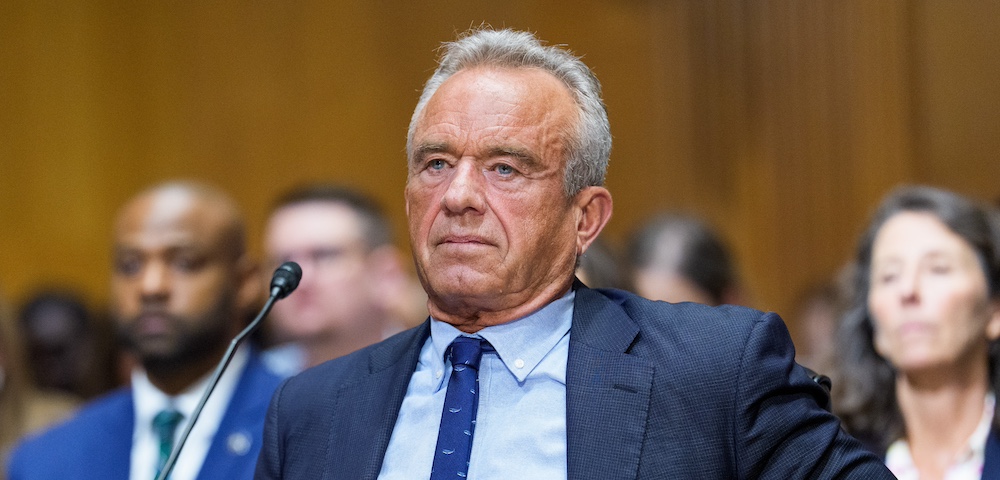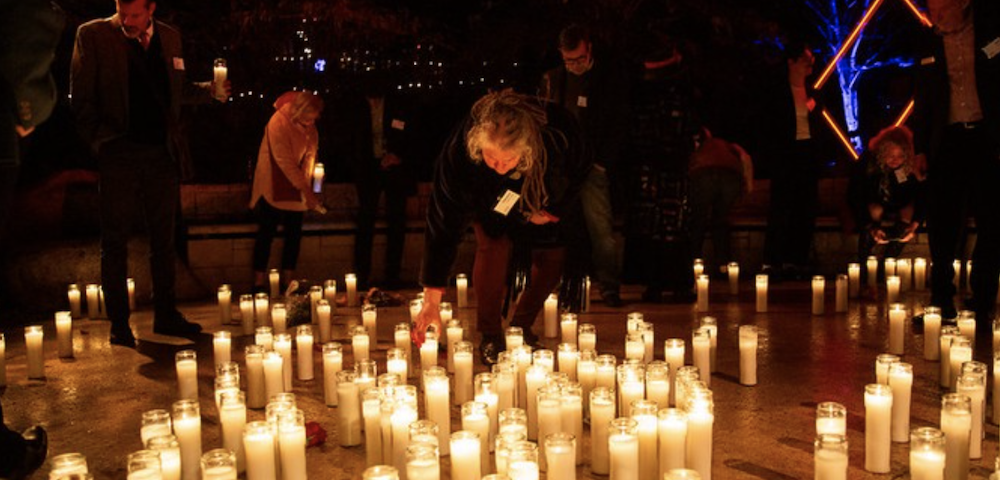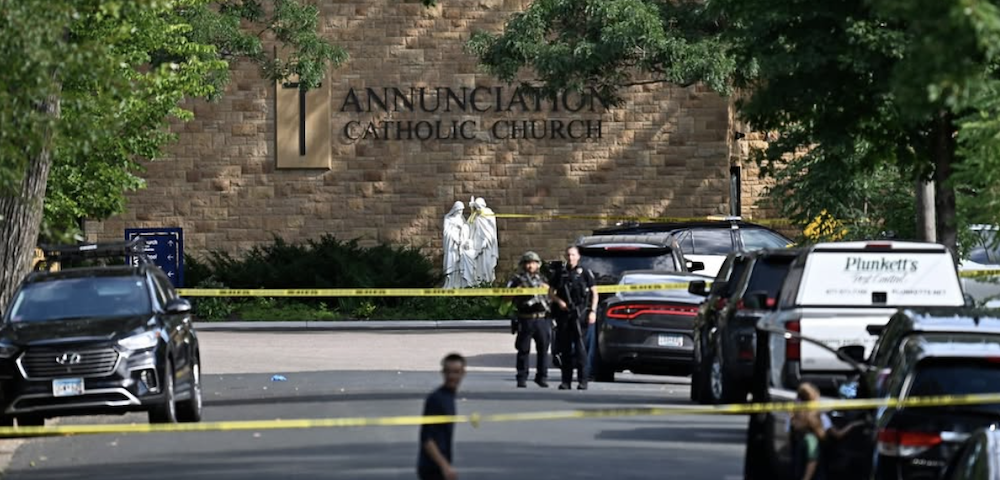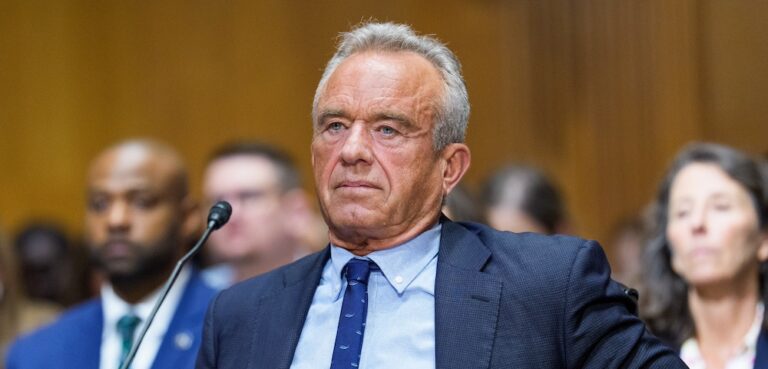
Martin Jenkins Becomes California’s First LGBTQI Supreme Court Nominee
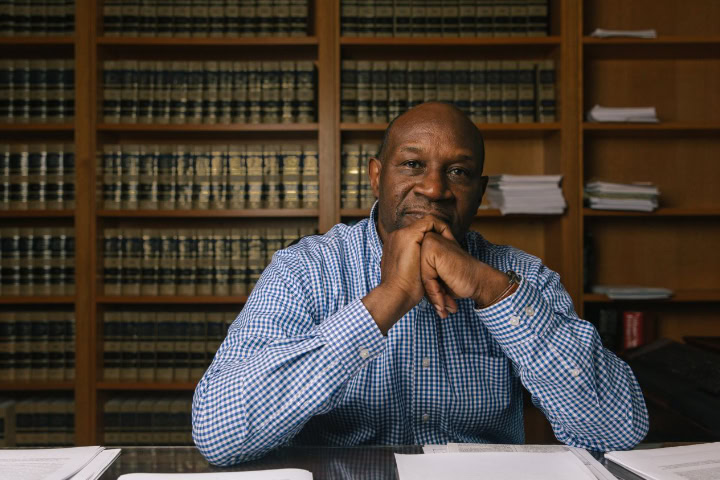
In a historical first for the representation of the LGBTQI community everywhere but especially for Californians, Justice Martin Jenkins – a justice of the California Court of appeals for the First District, could be the first openly gay man to serve on the California Supreme Court.
Justice Martin Jenkins, or Marty to his mates, grew up in the Bay Area of San Francisco and had what he calls role model parents.
In his interview with John Casey of The Advocate, which was the first time he’d discussed his sexuality with the press, he talks about how it felt to possibly be the first LGBTQI person on California’s Supreme Court.
“It’s an interesting notion,” pondered Jenkins from his home in Oakland. “There were others before me who were qualified and who weren’t out or weren’t selected. So being the first, and being an African-American man too, is a big responsibility. I think I know how being in the minority feels, and so my plan is to do the job as well as I can. Hopefully, I’ll have the ability to shine a light on the possibilities for people who look like me or have the same orientation as I do. I think it’s also important to make sure you conduct yourself with honor and integrity with the way you do your work.”
Justice Jenkins, who in another life played NFL with the Seattle Seahawks, has also had a successful legal career as a civil rights attorney and a federal judge and if confirmed, would be the Third African-American man and the first LGBTQI person to serve on the California Supreme Court.
In this tear jerker of an interview, the justice reveals that he denied his sexuality until coming out in his 60s and that even though he was close with both of his parents, he wasn’t able to tell his mother he was gay before she died, though he was able to say the words to his dad before he went.
In a reminder that even the most accomplished of people still have a hard time coming out to their loved ones and that the negative stories that we tell ourselves are a cruel bunch of lies, Justice Jenkins also reveals what was going through his head the day he did finally come out to his father.
“I went on a Sunday, like I always did, and took him to dinner. All the while, I told myself, like I had for a number of years, that it would be hard for him to hear the truth, that he didn’t deserve to the carry this burden in the later stages of his life, that he would worry. All these things I attributed to him as to why I wouldn’t tell him, and he wouldn’t accept me.”
After finally saying the words, his dad reacted in a way he wasn’t expecting, “My dad got up from the couch across from where I was sitting, walked over to me, put his hands on each of the arms on the chair I was sitting in, and said, ‘How long have you known this?’ I told him that I had these feelings since high school, and he said, ‘I wish you had told me then. It couldn’t have been easy for you. I love you. You’re my son. There’s nothing you could do or be that would make me love you less.’”
When it was mentioned that he might become a gay role model on appointment, he was modest.
“I don’t know about that,” he laughed with an air of humbleness. “Hard to think about, but I will say perceptions are important, and I think I have conducted myself well, but I wouldn’t say I’m a role model. My role models were my parents. They were such amazing people, and I was one of the lucky ones who had people in their own households who inspire you and help you walk across the bridges that we cross in life.”
In America when it comes to selecting justices to sit on State Supreme Courts, the process varies by state. In California, an appointment to the Supreme Court is appointed by the governor, which is then evaluated by the California Commission on Judicial Appointments. The commission holds a public hearing and if satisfied, confirms the results.
